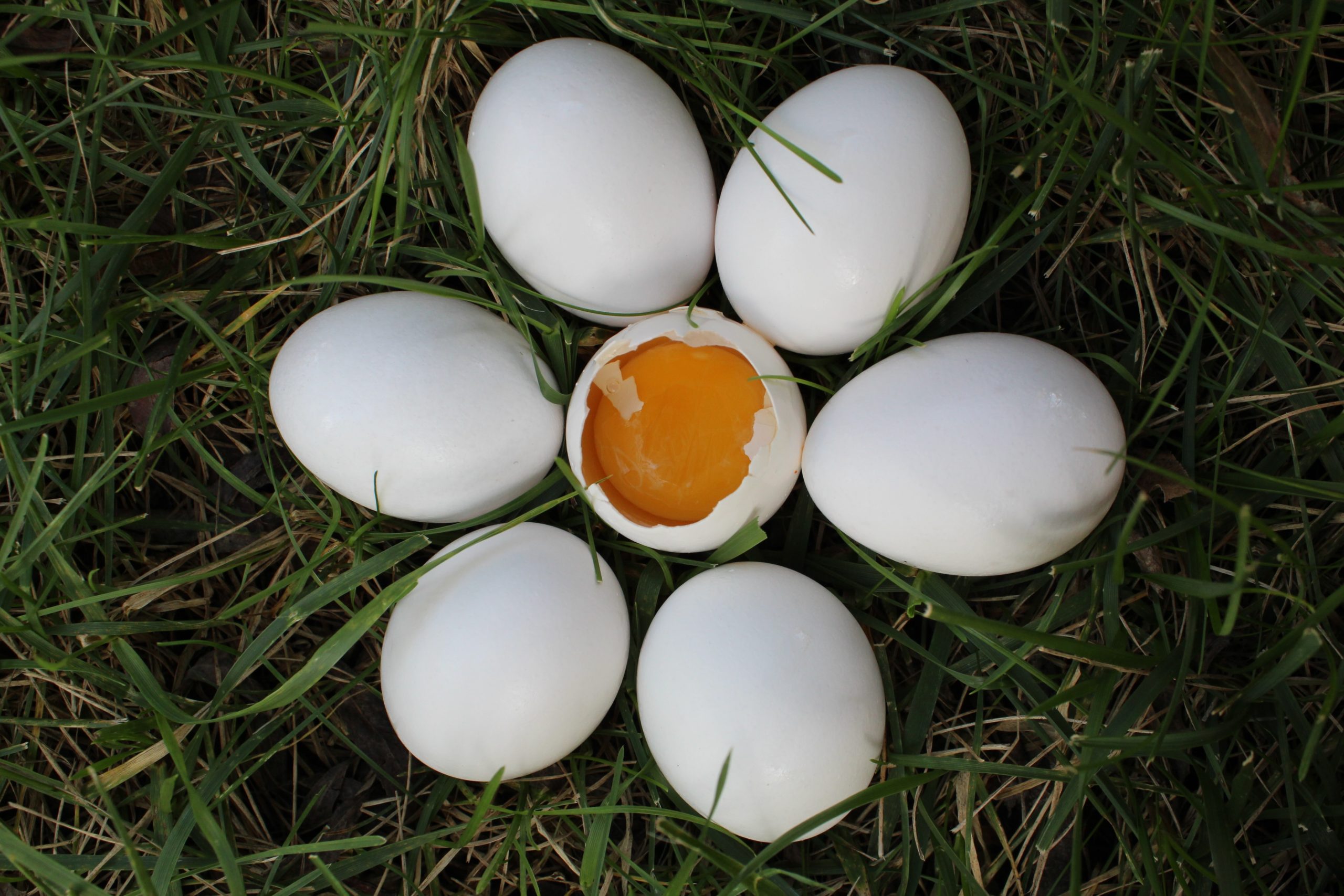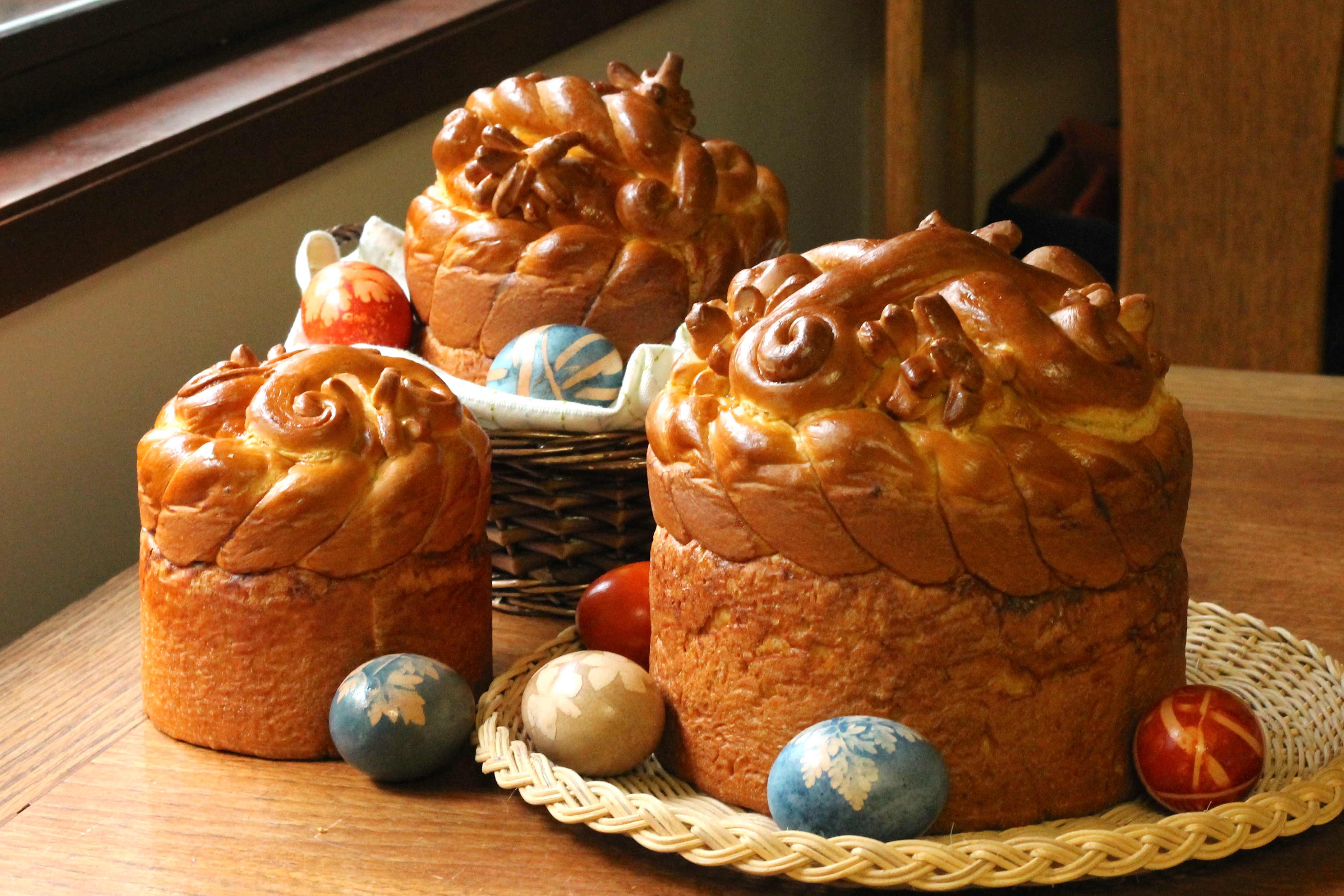Spring has sprung, and with it comes the joy of Easter, an annual celebration steeped in religious and cultural traditions. "Celebrate The Joy Of Easter: Traditions, Meaning, And Festivities" vividly captures the essence of this beloved holiday, inviting readers to delve into its profound significance and vibrant customs.
Editor's Notes: "Celebrate The Joy Of Easter: Traditions, Meaning, And Festivities" was published today, March 8th, 2023, to provide timely and comprehensive insights into the celebration of Easter. This topic is important to explore as it not only celebrates the religious aspects of Easter but also highlights the cultural traditions and festivities associated with it, making it a valuable guide for anyone seeking a deeper understanding of the holiday.
Through meticulous analysis and extensive research, we have assembled this "Celebrate The Joy Of Easter: Traditions, Meaning, And Festivities" guide to empower individuals with a thorough understanding of the holiday's origins, customs, and festivities. The guide delves into the historical significance of Easter, its religious symbolism, and the diverse cultural practices that have shaped its celebration around the world.
Key Takeaways:
| Key Difference/Takeaway | Description |
|---|---|
| Religious Significance | Easter commemorates the resurrection of Jesus Christ, a central event in the Christian faith. |
| Cultural Traditions | Easter celebrations vary across cultures, with unique customs like egg decorating, Easter parades, and special culinary treats. |
| Symbolism and Imagery | Easter is rich in symbolism, including eggs (new life), rabbits (fertility), and lilies (purity). |
As we delve into the main article, we will explore the diverse facets of Easter, from its religious roots to its festive traditions. We will uncover the origins of Easter eggs, the symbolism behind the Easter Bunny, and the significance of Easter feasts. Join us on this journey to "Celebrate The Joy Of Easter: Traditions, Meaning, And Festivities".
FAQ
This FAQ section provides answers to commonly asked questions and misconceptions surrounding Easter, its traditions, meaning, and festivities.

Jamaican Easter Traditions - Source couplesresorts.co.uk
Question 1: What is the historical significance of Easter?
Easter is a Christian holiday commemorating the resurrection of Jesus Christ from the dead, an event central to the Christian faith. According to the New Testament, Jesus was crucified on a Friday, known as Good Friday, and resurrected three days later, on a Sunday. Easter is celebrated on the first Sunday after the first full moon following the spring equinox.
Question 2: What are the traditional symbols of Easter?
Common Easter symbols include the cross, representing Jesus' crucifixion; the empty tomb, symbolizing his resurrection; and the lily, a flower associated with new life and hope. Eggs, often decorated and hidden in Easter egg hunts, represent fertility and new beginnings, while bunnies or rabbits symbolize abundance and prosperity.
Question 3: What is the significance of Easter eggs?
Easter eggs have been a tradition for centuries, with origins in pagan spring festivals. In Christianity, eggs represent the empty tomb from which Jesus emerged, symbolizing new life and resurrection. The tradition of decorating and hiding eggs has become a popular Easter activity, especially for children.
Question 4: What are some common Easter traditions?
Easter traditions vary widely around the world, but common practices include attending church services, exchanging gifts, and sharing festive meals with family and friends. Easter egg hunts, egg decorating, and parades are also popular activities. In some cultures, traditional Easter foods such as lamb, hot cross buns, and chocolate eggs are consumed.
Question 5: What is the meaning of Easter for Christians?
For Christians, Easter is the culmination of the Holy Week observances leading up to Jesus' death and resurrection. It represents the victory of life over death, the fulfillment of God's covenant with humanity, and the promise of eternal life through Jesus Christ.
Question 6: How can I celebrate Easter in a meaningful way?
Whether you are a practicing Christian or not, there are many ways to celebrate Easter in a meaningful way. Consider attending a church service, reflecting on the historical and religious significance of the holiday, spending time with loved ones, and engaging in activities that bring joy and hope.
Understanding the traditions, meaning, and festivities of Easter can enrich our appreciation for this significant holiday. By engaging in thoughtful contemplation and meaningful celebrations, we can connect with the spiritual and cultural aspects of Easter.
Transitioning to the next article section...
Tips
Acquire a deep understanding of the profound meaning of Easter through its time-honored traditions and festive observances. Celebrate The Joy Of Easter: Traditions, Meaning, And Festivities

Premium Vector | Joy and fun of easter festivities concept cute little - Source www.freepik.com
Tip 1: Explore the Symbolism of Easter Eggs
Eggs, representing new life and fertility, have been an integral symbol of Easter since ancient times. Use this as an opportunity to delve into the rich symbolism behind this beloved tradition.
Tip 2: Learn the History of the Easter Bunny
Discover the origins of the beloved Easter Bunny, a figure steeped in folklore and legends. Trace its journey through different cultures and how it became associated with the joyous celebration of Easter.
Tip 3: Engage in Traditional Easter Activities
Embrace the joy of Easter by actively participating in cherished activities such as egg hunts, parades, and family gatherings. These traditions foster a sense of community and bring the spirit of Easter to life.
Tip 4: Understand the Religious Significance of Easter
For many, Easter holds deep religious significance. Delve into the Christian beliefs and traditions associated with the holiday, including the resurrection of Jesus Christ and its message of hope and renewal.
Tip 5: Reflect on the Meaning of Easter
Amidst the festivities, take a moment for quiet reflection on the profound meaning of Easter. Consider its message of sacrifice, redemption, and the triumph of life over death.
By embracing these tips, you can fully immerse yourself in the rich traditions and meaningful essence of Easter, making this joyous celebration a truly enriching experience.
Celebrate The Joy Of Easter: Traditions, Meaning, And Festivities
Easter signifies the triumph of life over death and is celebrated with deep-rooted traditions, meaningful rituals, and joyous festivities.
- Religious Observances: Easter is the culmination of Holy Week, marked by prayers, church services, and reflection.
- Sunrise Service: Many gather to witness the sunrise on Easter morning, symbolizing the resurrection of Christ.
- Egg Hunts: A playful tradition, Easter egg hunts engage children in the search for hidden eggs, representing new life and fertility.
- Feasting: Easter meals often feature symbolic foods like lamb (representing sacrifice), bread (breaking bread together), and eggs (birth and renewal).
- Flowers: Easter lilies and other blooms adorn homes and churches, signifying hope, joy, and new beginnings.
- Decorations: Pastel colors, spring imagery, and Easter bunnies adorn homes and public spaces, creating a festive atmosphere.
These key aspects of Easter traditions, meaning, and festivities not only celebrate the religious significance of the holiday but also promote a sense of renewal, community, and joyful anticipation of spring's arrival.

A Jewish Family Celebrating Hanukkah Showcasing Cultural Traditions and - Source www.dreamstime.com
Celebrate The Joy Of Easter: Traditions, Meaning, And Festivities
Easter, a significant Christian holiday, is a time to celebrate the resurrection of Jesus Christ. It is marked by various traditions, meaningful rituals, and joyous festivities. The connection between these elements is paramount in understanding the true spirit of Easter.

Ukrainian Traditions: Easter Food - Ukrainian people - Source ukrainianpeople.us
Traditions, such as the Easter egg hunt, symbolize new life and the victory of good over evil. The vibrant colors of Easter eggs represent joy and hope. The Easter lily, a symbol of purity and innocence, signifies the triumph of life over death. These traditions serve as tangible reminders of the Easter story and its message of redemption.
The meaning of Easter is deeply rooted in the Christian faith. The resurrection of Jesus symbolizes the hope of eternal life and forgiveness of sins. It is a time for reflection, repentance, and renewal. The Easter Mass, a central liturgical event, celebrates the resurrection and reaffirms the core beliefs of Christianity.
Festivities associated with Easter add to the joyful spirit of the holiday. Family gatherings, festive meals, and Easter parades create a sense of community and shared celebration. The sharing of food, laughter, and stories reinforces the bonds of family and friendship.
In conclusion, the traditions, meaning, and festivities of Easter are inextricably linked. They contribute to the overall celebration of the resurrection of Jesus Christ, fostering a sense of joy, hope, and renewal. Through these elements, Easter becomes a time for spiritual reflection, community bonding, and the celebration of life's triumph over darkness.
Conclusion
The exploration of "Celebrate The Joy Of Easter: Traditions, Meaning, And Festivities" reveals the profound connection between these elements. Traditions symbolize the Easter story, while the meaning provides its religious foundation, and festivities embody the joy and celebration. Together, they create a multi-dimensional experience that enriches the spiritual and cultural significance of Easter.
This understanding highlights the importance of preserving Easter traditions, embracing its spiritual meaning, and actively participating in its festivities. By doing so, we not only honor the historical and religious aspects of Easter but also create lasting memories and foster a sense of community and joy. May the spirit of Easter continue to inspire hope, renewal, and the celebration of life's triumphs.



